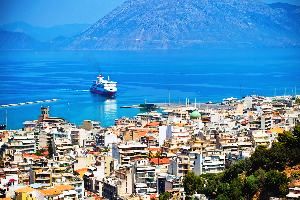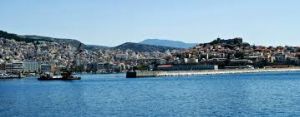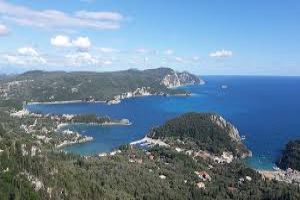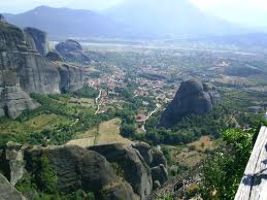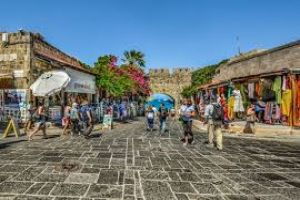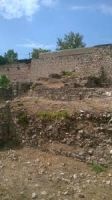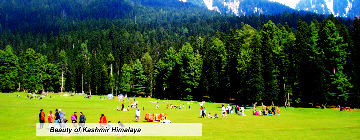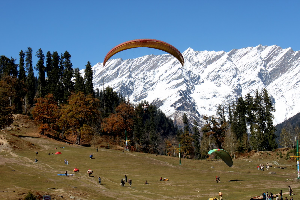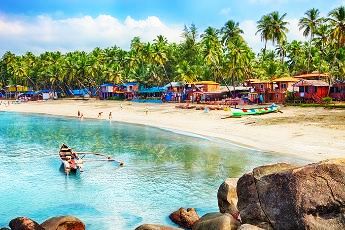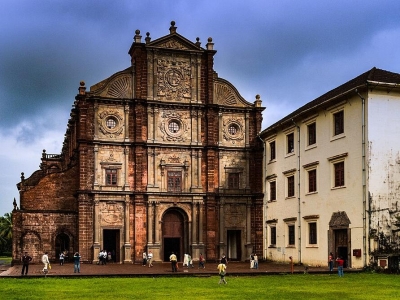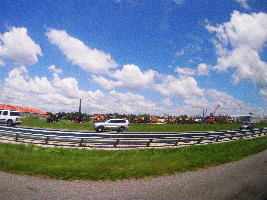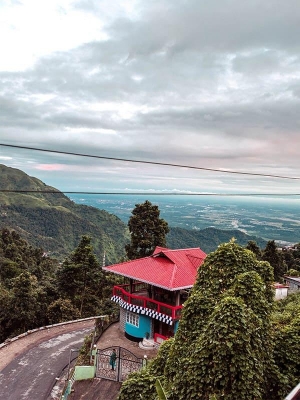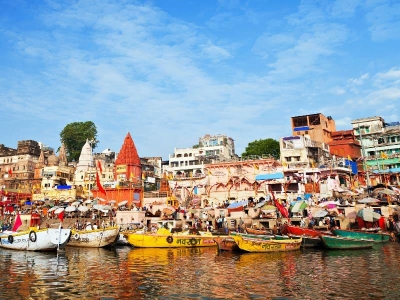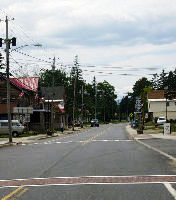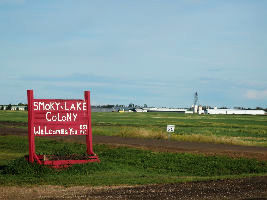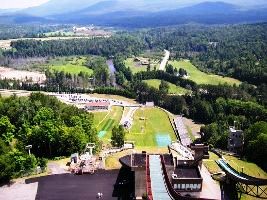Sparta
About Sparta
Sparta is a metropolis-state in historic Greece. In antiquity the city-kingdom turned into called Lacedaemon, Lakedaimon, while the name Sparta mentioned its major settlement on the banks of the Eurotas River in Laconia, in south-eastern Peloponnese. Parta became precise in historical Greece for its social device and constitution, which configured their whole society to maximise military talent at all expenses, and absolutely targeted on navy schooling and excellence.
Its population were labeled as Spartiates Spartan residents, who loved full rights, mothakes non-Spartan free guys raised as Spartans, perioikoi loose residents, actually "dwellers around", and helots kingdom-owned serfs, enslaved non-Spartan nearby populace. Spartiates underwent the rigorous agoge education and training routine, and Spartan phalanges were broadly considered to be most of the best in conflict. Spartan ladies enjoyed substantially more rights and equality to men than somewhere else inside the classical antiquity.
The prehistory of Sparta is tough to reconstruct because the literary proof is far eliminated in time from the occasions it describes and is likewise distorted by means of oral subculture. However, the earliest sure evidence of human agreement in the location of Sparta includes pottery dating from the Middle Neolithic duration, located in the area of Kouphovouno a few kilometres 1.2 miles south-southwest of Sparta. These are the earliest traces of the original Mycenaean Spartan civilisation, as represented in Homer's Iliad.




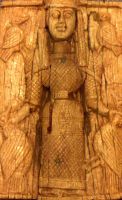
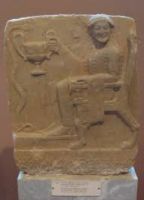
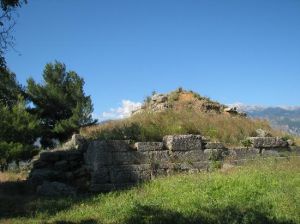
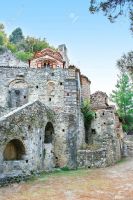

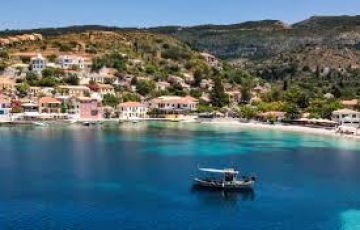
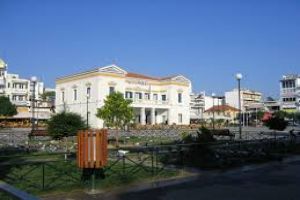
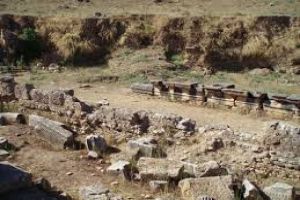
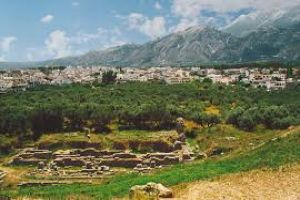
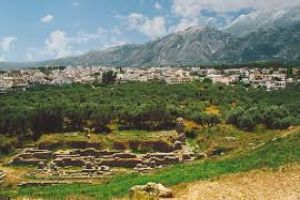
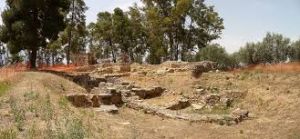
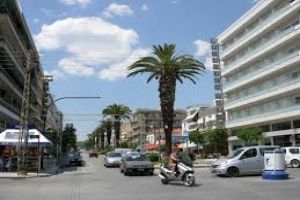
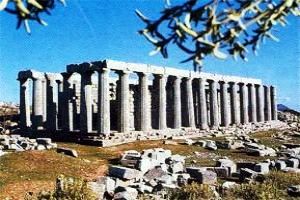
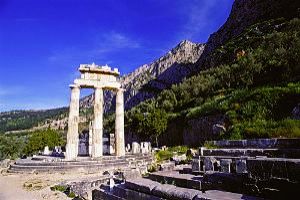
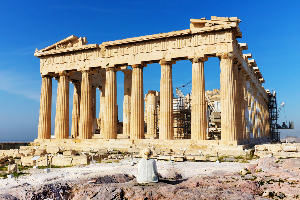
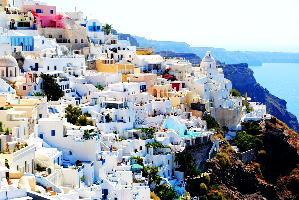
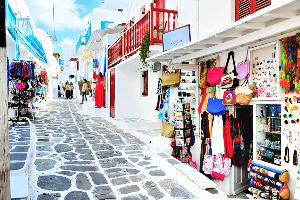
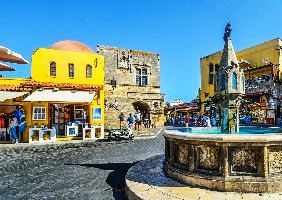
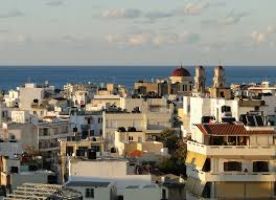
_1518004787m.jpg)
